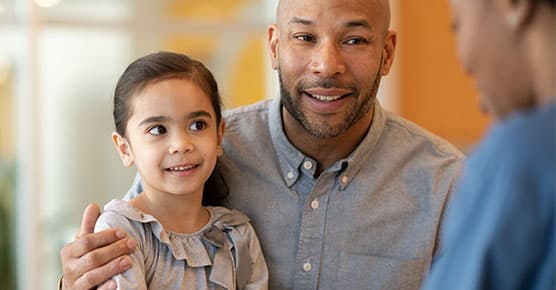Food Allergy: UChicago Medicine FACET

World-Class Food Allergy Care
The UChicago Food Allergy Care, Education and Translational Research (FACET) Center is home to one of the only adult food allergy centers in the country. We combine innovative clinical care and state-of-the-art research to offer the most advanced food allergy treatment methods possible for people of all ages.
Food allergies and intolerances may develop later in life, and food allergies in adults are often overlooked when compared to children.
Our food allergy specialists have the advanced knowledge and experience needed to treat and manage whatever type of allergy you may have, whether it is an adult-onset case or is a continuing allergy from childhood.
Thanks to support from our clinical care and research programs, our expert care team is able to:
- Apply state-of-the-art diagnostics
- Discover novel diagnostics
- Implement innovative therapies
- Trial experimental therapies
Our Innovative FACET Center
Food allergy is an epidemic that grows larger each year in the US and can be a source of constant anxiety for patients and their families. UChicago Medicine is leading the way in addressing this crisis.
We are the only institution in the Midwest pursuing research and conducting trials to improve diagnostics and revolutionize treatment for food allergies.
Comprehensive Food Allergy Care for People of All Ages

Pediatric food allergy care
Our UChicago FACET center also provides outstanding food allergy care for infants, children and teens.

Participate in allergy research studies
Are you or your child interested in participating in allergy and asthma research studies? Volunteer through our University of Chicago Allergy/Immunology Research Registry database.
Request an Appointment
We are currently experiencing a high volume of inquiries, leading to delayed response times. For faster assistance, please call 1-888-824-0200 to schedule your appointment.
If you have symptoms of an urgent nature, please call your doctor or go to the emergency room immediately.
* Indicates required field
